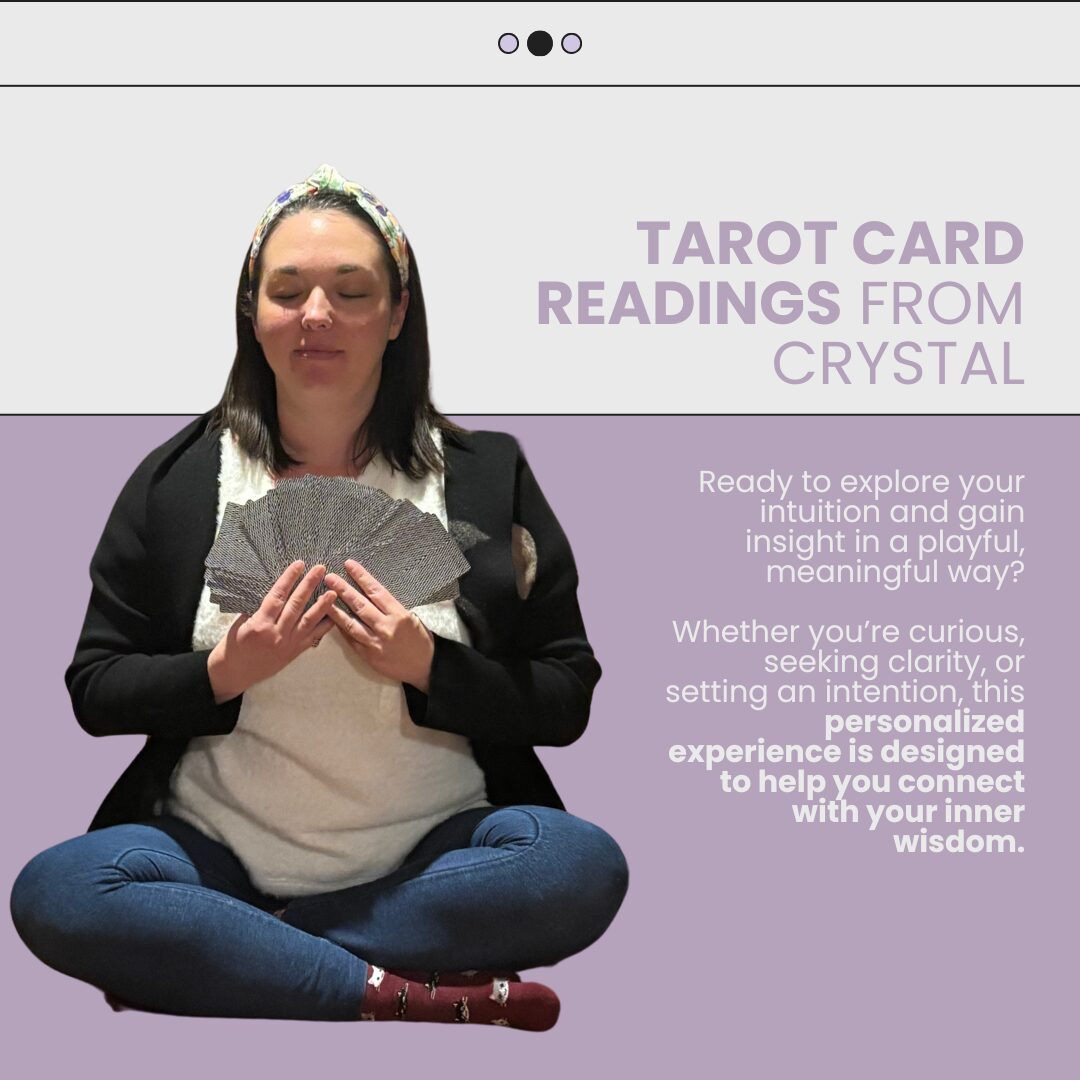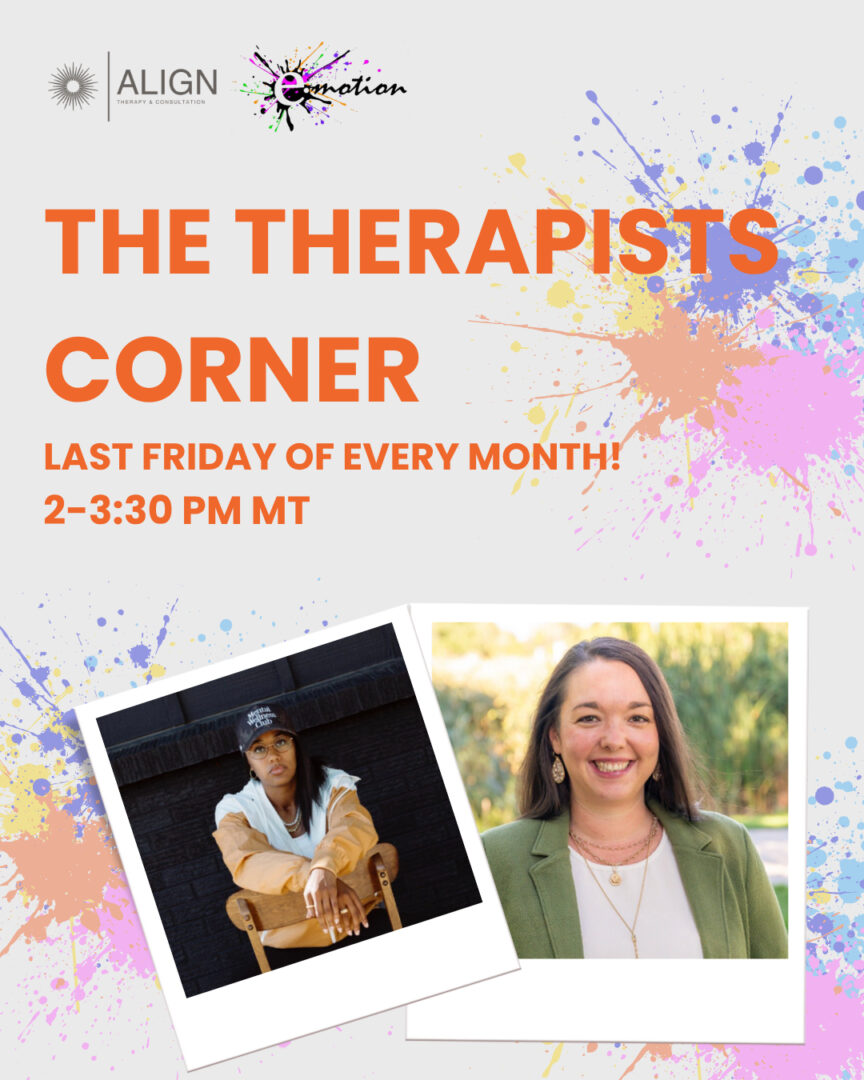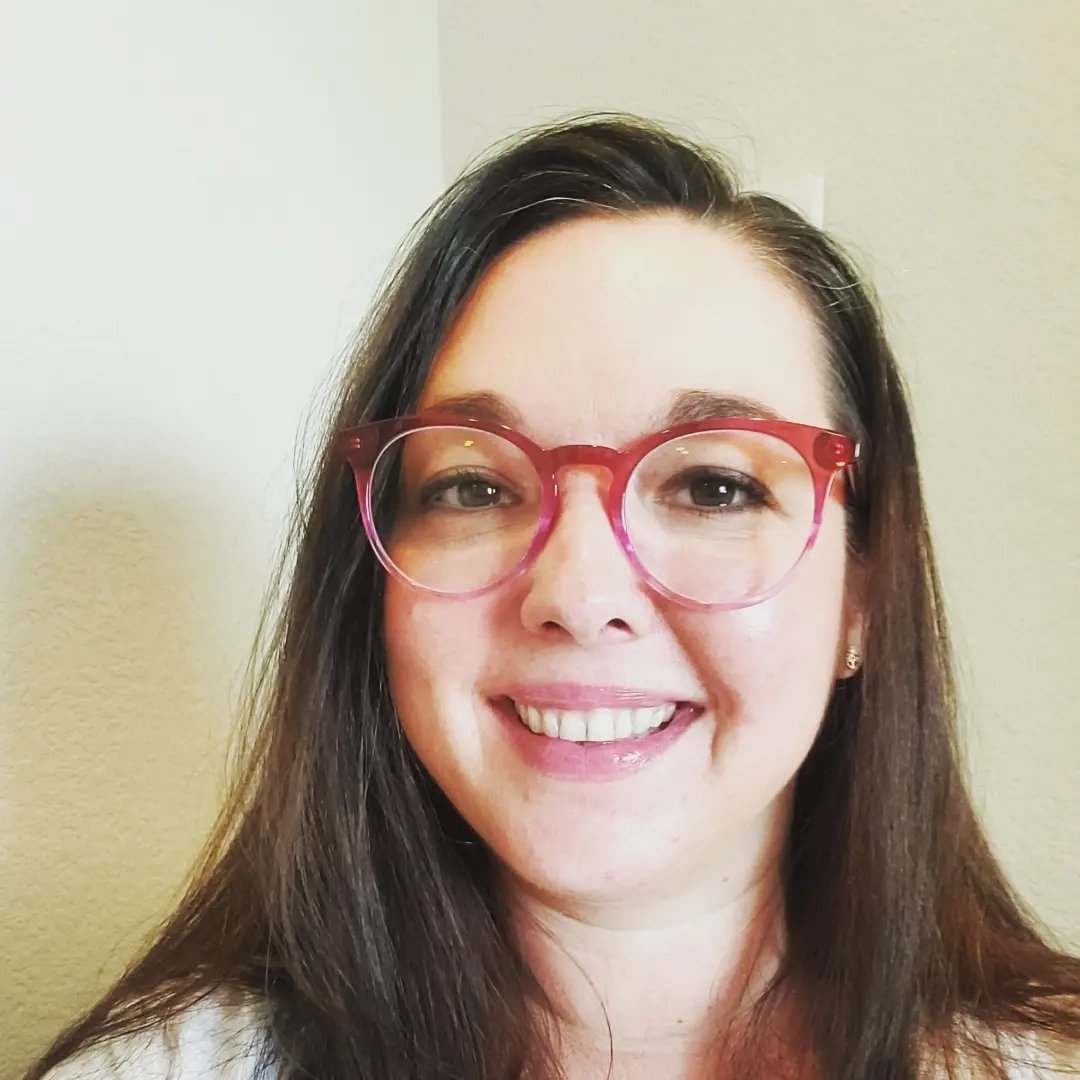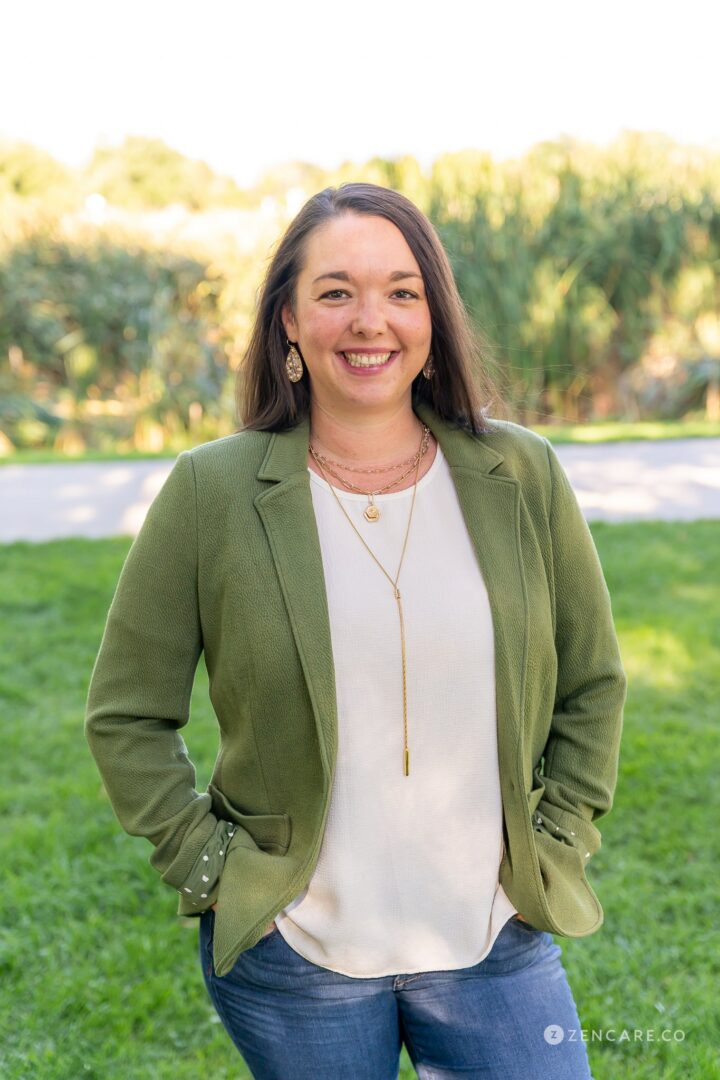We were lucky to catch up with Crystal Hines recently and have shared our conversation below.
Hi Crystal, thank you so much for opening up with us about some important, but sometimes personal topics. One that really matters to us is overcoming Imposter Syndrome because we’ve seen how so many people are held back in life because of this and so we’d really appreciate hearing about how you overcame Imposter Syndrome.
I don’t know if anyone ever fully overcomes imposter syndrome, unless they happen to be someone who never felt it in the first place. Rather than overcoming it, I have learned to befriend and get to know the part of me who fuels my imposter syndrome. This part of me attempts to protect me from the shame that comes with rejection, criticism, and not belonging. It is brave and scary to put yourself out into the world for others to see and potentially reject. It can feel even more risky to do if you have any lived experience of oppression, marginalization, and being excluded from groups.
I grew up as a highly sensitive and deeply intuitive child in the south, in the panhandle of Florida. I was born into a family riddled with mental illness and addiction and learned that the adults in my life could not keep me safe and were not to be trusted. This realization caused me to retreat into myself, made me grow up too quickly, and made me fearful of trusting others, but also taught me to trust in and rely on myself. I grew up feeling hyper aware of belonging and not belonging, of love and lack of love, and deeply longed to be seen, witnessed, and cared for by others.
Now, as an adult survivor of complex trauma, I see the protective parts of me as old friends, companions, and warriors who have helped me survive and thrive against all odds. Including my imposter syndrome part. Through repeated experiences of adversity, I’ve had to dig deep and be brave, take risks, and put myself out there to continue to grow and thrive. For example, I aged out of the foster care system at age 18, went to my local community college and eventually got my Master of Science in Mental Health Counseling. My imposter syndrome part was there every step of the way.
After graduating with my master’s degree, I knew with every fiber of my being that I had to leave Florida if I wanted to continue to grow and thrive. I made the decision to move to Denver, CO with not having a job lined up, didn’t know anybody in Denver, had never been do Denver before, and no one wanted to move with me. I brought my cat, packed everything I owned into my tiny two-door Honda Civic, and moved in with a roommate I met on Craigslist. I had an interview with a community mental health agency the first week I arrived in Denver, and I got the job! I was 1 out of 70 applicants that got chosen, and my imposter syndrome part was there right along with me.
After working in community mental health for six years, I knew that the job was not sustainable for my long-term health and made the decision to leap full time into private practice. My imposter syndrome part was there still.
Through these experiences, she sometimes whispered and sometimes yelled, “you can’t do this, you don’t know enough, there are people more qualified than you, those people are better than you, go take more trainings, you aren’t good enough, what if you make a mistake, what if you embarrass yourself, what if you fail,” and you get the idea. Having a personal commitment of getting to know myself, and IFS therapy, has allowed me to befriend this part of me. I now understand this part as a deeply committed protector who desperately wants to keep me from experiencing the excruciating pain of not belonging. She knows now that I am safe, I am an adult and am capable of being with the pain of rejection, embarrassment, and shame. I am safe now and am now deeply seen and cared for by others, which in turn allows me to do that for parts of myself. When shame is spoken out loud and is witnessed by others it loses its power.
Today, this part of me still shows up when I take big leaps and vulnerable risks, and I turn toward her and welcome her as she is. I listen to her concerns and extend love, reassurance, and reminders of how our life is now. She eases and settles into me again, and I can be with the pain of the young parts she is so fiercely protecting.
Thanks for sharing that. So, before we get any further into our conversation, can you tell our readers a bit about yourself and what you’re working on?
I’m a therapist, consultant, and educator specializing in trauma recovery—with a special focus on supporting fellow therapists. My work integrates Internal Family Systems (IFS), EMDR, and somatic practices, all rooted in a trauma-informed, relational approach. I’m passionate about helping the helpers—the folks who are holding so much for others—learn to turn toward themselves with the same care, curiosity, and compassion they offer in their work.
What lights me up most these days is creating spaces where therapists can just be—not perform, not fix, not analyze—just land back in their bodies and reconnect with themselves. So much of the clinical world is built around productivity and professionalism, and not enough around play, movement, release, and community. I love offering spaces that invite therapists to get messy, be human, and tend to what’s real.
One offering I’m especially excited about is The Therapists Corner, a monthly in-person event I co-host with e.motion fitness in Westminster. It’s a rage-and-chill experience designed specifically for therapists—a space to move, feel, scream if needed, and then land into deep rest and connection. It’s intentionally unpolished, real, and embodied. We blend somatic release with nervous system regulation in a way that’s powerful, playful, and deeply needed. It’s not clinical—it’s communal.
Through my business, Align Therapy & Consultation, I also offer therapy, consultation, and continuing education that centers nervous system wisdom, parts work, and self-compassion. Whether I’m working one-on-one or with groups, my goal is always the same: to create spaces where people can slow down, turn inward, and remember they don’t have to do it all alone.
There is so much advice out there about all the different skills and qualities folks need to develop in order to succeed in today’s highly competitive environment and often it can feel overwhelming. So, if we had to break it down to just the three that matter most, which three skills or qualities would you focus on?
These days we all know about the harms of posttraumatic stress, but we don’t pay enough attention to the concept of posttraumatic growth and resiliency. This is the innate nature of all humans- we are hardwired to heal, adapt, and overcome and move toward health and resiliency. This I find to be endlessly hopeful as it relates to my own journey of healing, when I hold space for my clients, and as I raise my children in an increasingly unsafe world.
The top three qualities that I developed through posttraumatic growth are a deep trust in myself, a willingness to take risks, and an ability to see beyond my immediate situation and vision into possibilities for my future.
My advice for folks is:
• To get curious about who they are and really commit to knowing themselves deeply.
• Embrace vulnerability and lean into taking risks.
• Develop a growth mindset vs a fixed mindset.
How would you describe your ideal client?
My ideal client is a therapist who is ready to do the brave and vulnerable work of committing to knowing yourself. Someone who is not afraid of the messiness of being human. A therapist who understands that we can only go as far with our clients as we have gone with ourselves. Someone who values authentic human connection, and knows that there are lots of avenues for people to find healing.
Contact Info:
- Website: https://www.aligntherapyandconsultation.com/
- Instagram: https://www.instagram.com/align_therapy_and_consultation/
- Facebook: https://www.facebook.com/aligntherapyandconsultation
- Linkedin: https://www.linkedin.com/in/crystal-hines-lpc-emdr-20a55561/



so if you or someone you know deserves recognition please let us know here.




